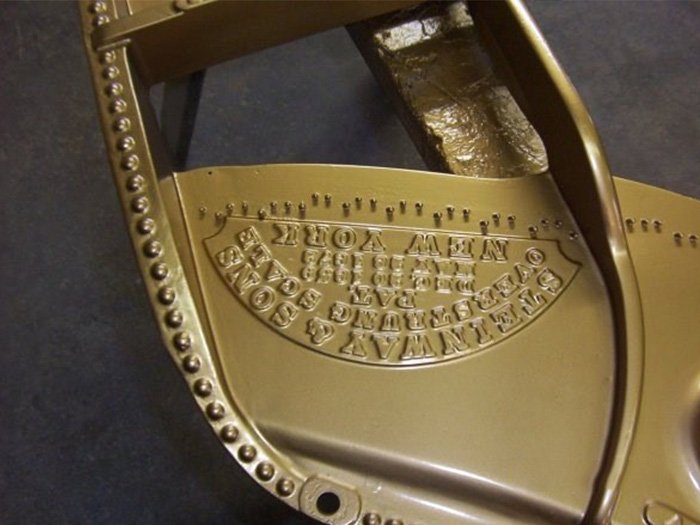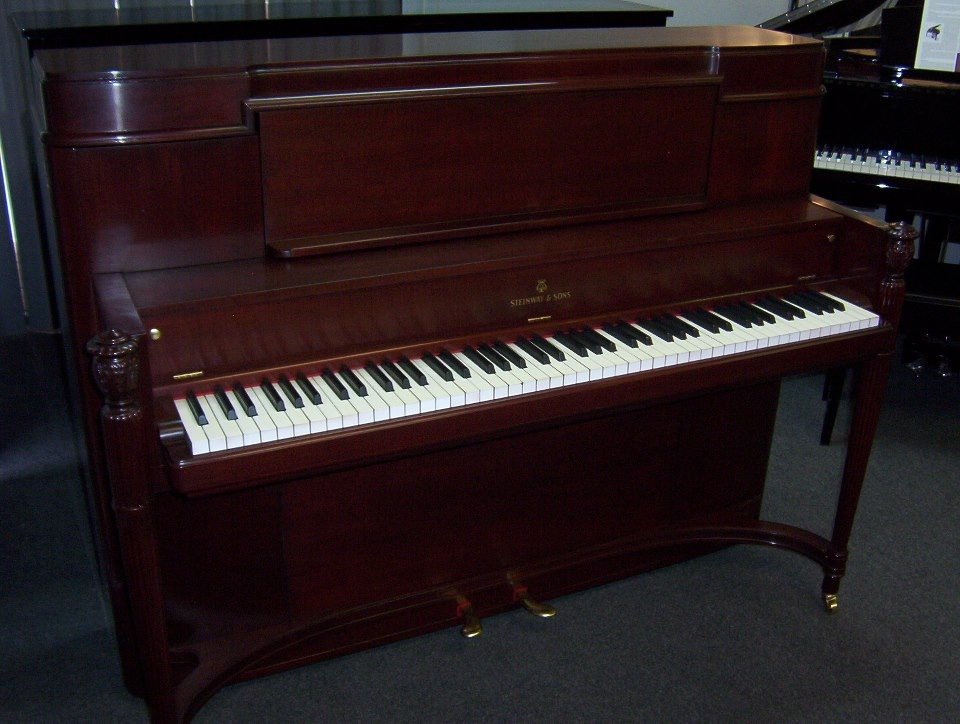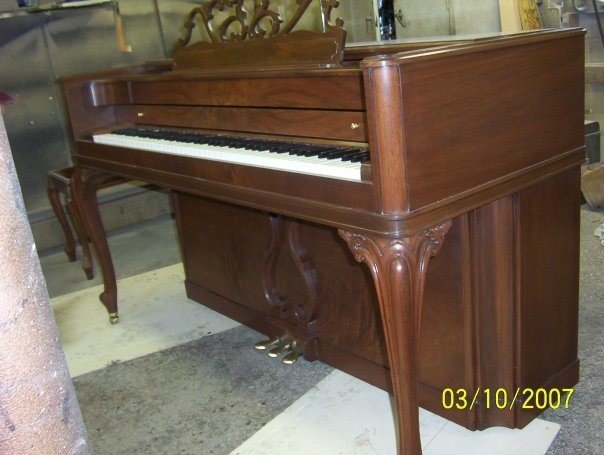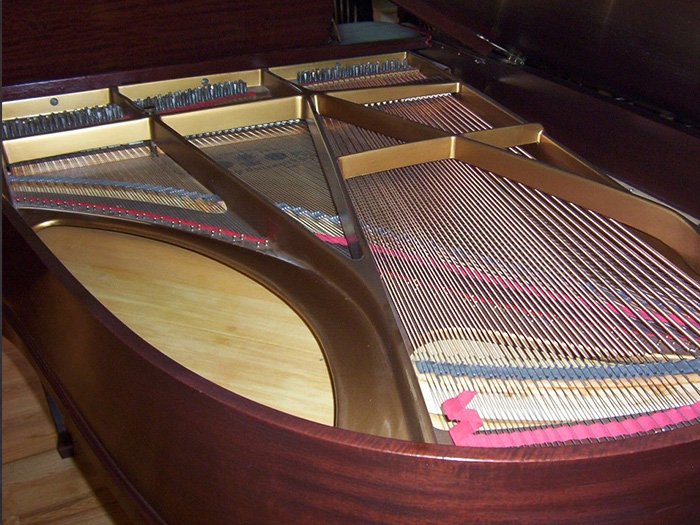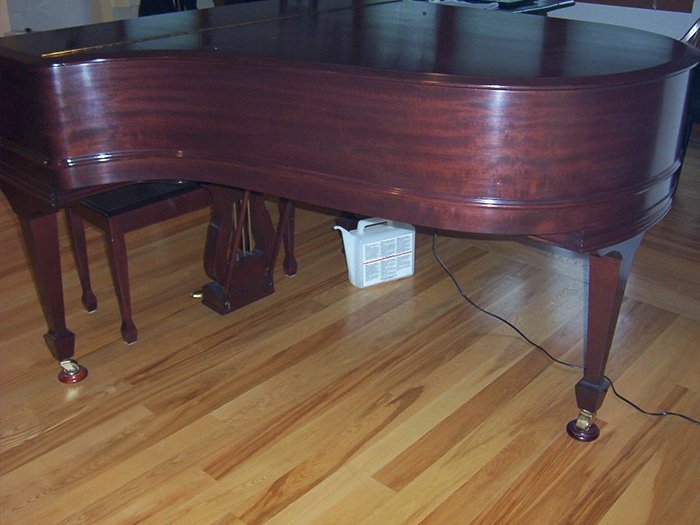
Our Services
about our
services
-
Why does my piano need to be tuned?
High levels of humidity in summer, or mostly dry air conditions from your house's heating system in winter will affect the pitch of the piano. To maintain the piano’s pitch, the strings of the piano must be adjusted (tuned) as the seasons change. A piano's soundboard is made of high quality Sitka spruce, which is a soft wood pine. Because the soundboard is a 'soft wood' it is affected by seasonal changes in the atmosphere and environment. The sound board will expand and contract as it goes through the seasons, putting the piano out of tune.
Other factors that affect the piano's pitch are the elasticity of the piano's strings. When a piano is tuned every six months the proper stretching of the strings is achieved, stabilizing the piano's pitch. This is a major factor in keeping your piano in tune.
How often should my piano be tuned?
Your piano should be tuned every six months in order to keep the fine tune of the instrument and maintain the piano's proper pitch. By tuning the piano periodically the tuner pulls all of the 'stretch' out of the strings locking in the piano's A=440 pitch. Once all of the stretch is pulled out of the strings the tuner can 'fine tune' the piano, creating a concert quality sound.
-
Piano Regulation
Restore balance and power to your piano, color and depth of tone so you can feel the music!
Over time, the pianos action parts will wear out and need to be cleaned, adjusted and lubricated. Keys can become loose and wobbly or begin to stick and strings can cut grooves in the hammers, which will cause the hammers to hit the strings at uneven angles causing premature wear.
The instrument will need to be regulated periodically in order maintain the instrument's proper touch, tone and feel of the keys. How often a piano is regulated varies according to use, the individual pianists playing habits and the environment the piano is played in such as, homes, recording studios, churches, schools, concert stages, etc.
Piano Voicing
From delicate to robust, voicing quality varies depending on the piano’s age, build, and design. Maximum volume, singing quality and tonal color of any piano can be achieved when the piano's hammers are properly voiced.
As a piano is played, fine adjustments need to be made. Filing the hammers, needling the hammer felt and proper alignment of the hammers to the strings creates volume, tonal color and an awesome sustained singing voice within your piano. Voicing a piano allows for the optimal tone and can also improve the overall longevity of the instrument’s lifespan.
-
In our gallery below, you can see a few examples of our work restoring the aesthetic beauty of some of our client’s pianos. Previously we have worked on pianos from dozens of brands and many that are 150+ years old. No matter what you want your piano to look like, we can assist in restoring or updating your piano to fit your home and lifestyle.



